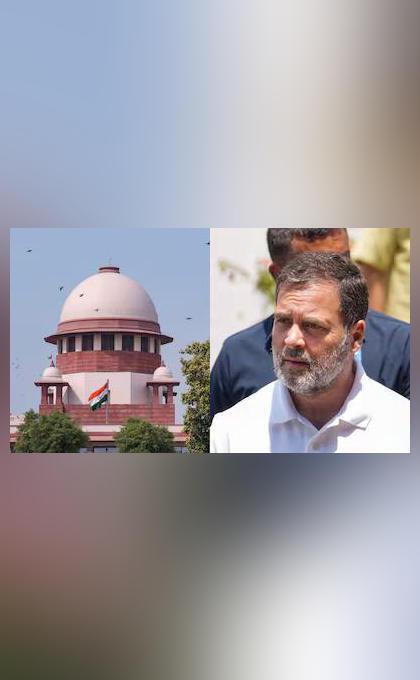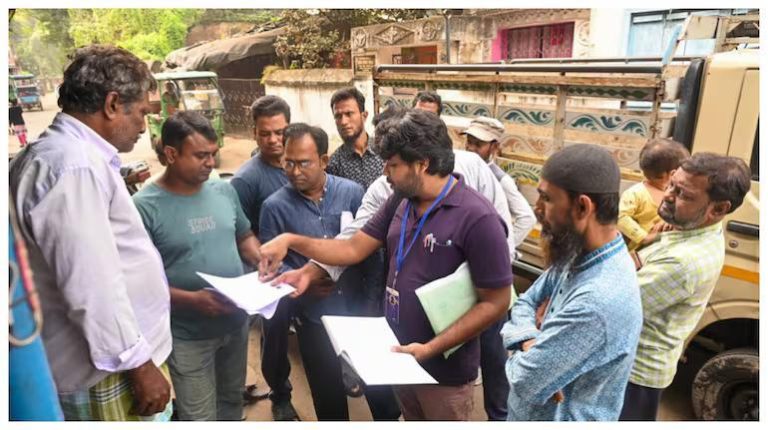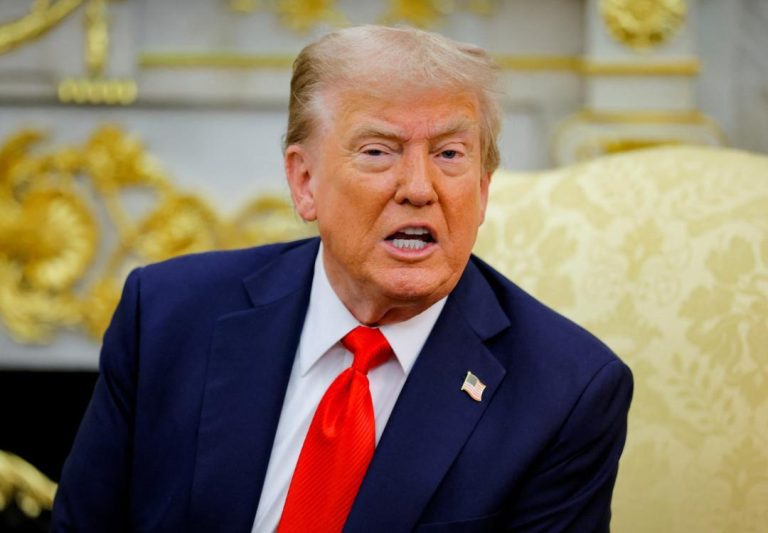
Why Ask on Social Media & Not in Parliament: SC to Rahul on ‘Land Grab’ Claim
The Supreme Court of India recently rebuked Congress leader Rahul Gandhi over his claim that China has grabbed 2,000 sq km of Indian land. The court’s rebuke came while staying a defamation case against Rahul for his remarks about the Indian Army. The court’s criticism of Rahul’s methods is a timely reminder of the importance of responsible journalism and the role of institutions in holding those in power accountable.
Rahul’s claim that China has grabbed 2,000 sq km of Indian land was made in 2020 during a rally in Wayanad, Kerala. He also alleged that the Narendra Modi-led government was aware of the land grab but was not taking any action to reclaim it. The remarks sparked a heated debate, with many questioning the veracity of Rahul’s claim.
The Supreme Court, while staying the defamation case against Rahul, expressed its displeasure over his method of making such claims. The court asked Rahul how he knew that 2,000 sq km of Indian land was occupied by China. The court’s question is a valid one, as Rahul’s claim was not backed by any credible evidence.
The court’s rebuke is a reminder of the importance of responsible journalism. In today’s age of social media, it is easy for individuals to spread misinformation and half-truths without being held accountable. The court’s criticism of Rahul’s methods serves as a check on his power and reminds him of the importance of verifying facts before making public statements.
The court’s question also highlights the importance of the institution of Parliament. Parliament is the highest legislative body in the country, and it is the place where important issues are debated and discussed. If Rahul had made his claim in Parliament, he would have been subject to scrutiny and questioning from his peers. This would have allowed for a more nuanced and informed discussion on the issue.
In contrast, social media platforms are not designed for constructive debate and discussion. They are often characterized by personal attacks, misinformation, and a lack of accountability. This is why the court’s criticism of Rahul’s method of making public statements is important.
The court’s rebuke also highlights the importance of the government’s role in providing accurate information to the public. The government has a responsibility to provide accurate information to the public, especially on issues of national importance. If the government had provided accurate information on the land grab issue, Rahul’s claim would not have been necessary.
The court’s criticism of Rahul’s methods is also a reminder of the importance of the role of institutions in holding those in power accountable. The court’s rebuke is a check on Rahul’s power and reminds him of the importance of verifying facts before making public statements. This is an important function of institutions, and it is essential for maintaining accountability in a democracy.
The next hearing in the case is after three weeks, and it will be interesting to see how Rahul responds to the court’s criticism. Will he provide credible evidence to back his claim, or will he continue to rely on social media to spread misinformation? The court’s rebuke is a reminder that institutions matter, and that those in power must be held accountable for their actions.
In conclusion, the Supreme Court’s rebuke of Rahul Gandhi over his claim that China has grabbed 2,000 sq km of Indian land is a timely reminder of the importance of responsible journalism, the role of institutions, and the importance of verifying facts before making public statements. The court’s criticism of Rahul’s methods serves as a check on his power and reminds him of the importance of accountability. It is essential that those in power, including politicians and journalists, are held accountable for their actions, and that institutions play a key role in maintaining accountability in a democracy.






